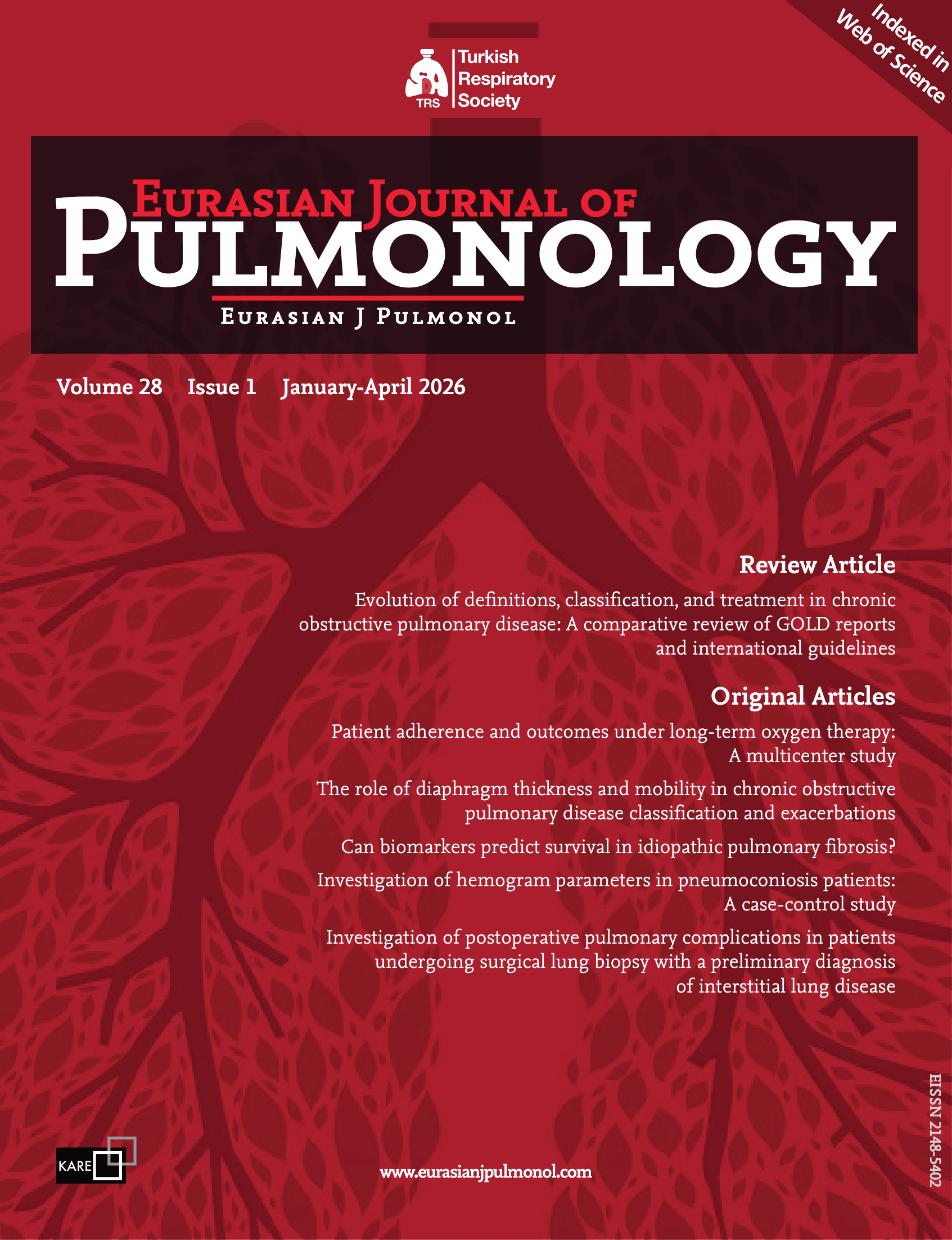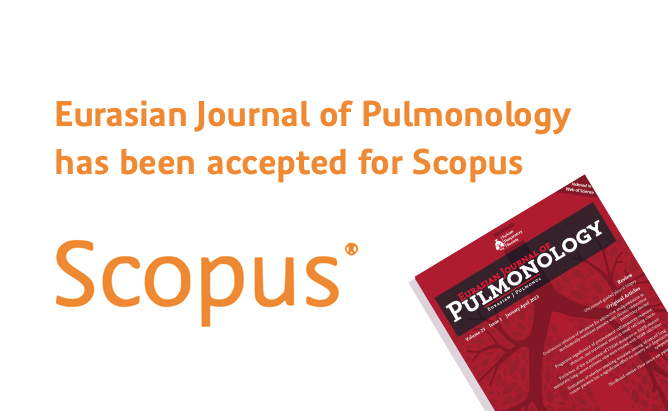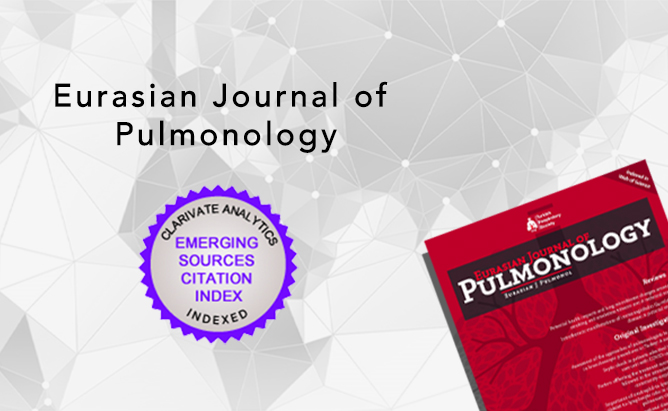2Department of Pathology, Yedikule Chest Disease and Thoracic Surgery Training and Research Hospital, Istanbul, Türkiye
Abstract
Niemann-Pick disease (NPD) is a rare lysosomal storage disease (LSD) with multisystemic involvement. The disease is heterogeneous and is classified into three subtypes. Types A and B result from deficient acid sphingomyelinase activity, leading to the accumulation of sphingomyelin. In contrast, Type C is a genetically distinct disease resulting from defective intracellular accumulation of cholesterol and glycosphingolipids. Type B is a less severe form characterized by pulmonary involvement, hepatosplenomegaly, and hyperlipidemia, with most patients living into adulthood. Storage diseases, rare causes of systemic organ involvement, should be considered in patients being evaluated for interstitial lung disease. Patients should be managed in a multidisciplinary manner. In this case report, we present a patient with a persistent cough for several months. Examinations revealed thrombocytopenia, hyperlipidemia, splenomegaly, and an alternative diagnosis for usual interstitial pneumonia. The patient underwent wedge resection of the upper and lower lobes of the left lung. Plasma chitotriosidase activity was elevated, beta-glucosidase activity was normal, leukocyte sphingomyelinase activity was low, and a homozygous sphingomyelin phosphodiesterase 1 (SMPD1) gene mutation was found. After evaluating all findings, the patient was diagnosed with Niemann-Pick Type B.




 Ayşegül Erinç1
Ayşegül Erinç1 




